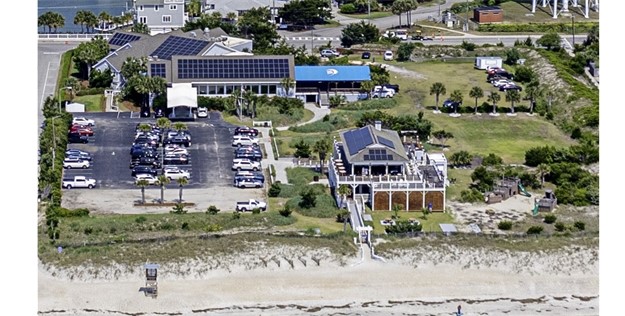Good beginnings create a sound future. A challenge in many private clubs is that every year is a “new beginning” as new board members are seated and outward-bound servant leaders are replaced. Four important considerations will make leadership transition more effective and favorably impactful at your club.
Plan and implement board orientation earnestly
Most new board members consider themselves well-versed in governance, strategy, finance and leadership, which is good as these are the cornerstones of effective club governance.
The catch is that most board members—especially in these skeptical and conflicted times—bring certain baggage with them into the boardroom. One of the most important first steps when new board members are empaneled, is to confirm shared and basic understandings, such as:
Boardroom confidentiality is essential to trust within the board and beyond. Most private club boards follow established corporate board practices requiring all board members to execute confidentiality and nondisclosure commitments. A growing audience of club boards now imposes dismissal from the board when confidential information is leaked from the boardroom.
Conflicts of interest—as is common in corporate America—are carefully monitored and not permitted in top-performing boards. Annual renewals of non-conflict statements are common practice.
Review and understand the club’s governing documents—bylaws, rules, and board policies manual—to ensure that all board members understand the club and the gravity of their duties.
Confirm the club’s strategic priorities
Most clubs have developed a strategic plan, which is an overarching plan of action for the business of the club, in addition to such important strategic components as the (a) master facility plan, (b) capital maintenance budget (replacing existing assets), and (c) capital improvement budget (adding new amenities). The fact is that one of the primary duties of a board is to attend to the financial well-being of the club by focusing on the balance sheet.
An advanced understanding of the club’s goals and objectives requires focused one-on-one discussions with the board chair and new board members—if not all board members. This step should be a priority before the first board meeting.
Charter committees with great intention
Committee charters are the job description that guides the work of club committees by providing structure and an understanding of what the committee is—and is not—to do. Excellent examples of committee charters are readily available.
Among the most frequent mistakes made by most board committees are (a) much ado about nothing while accomplishing very little of the strategic priorities, (b) executing personal agenda items rather than strategic goals and objectives, and (c) inadequate reporting vertically to the club board and horizontally to other board committees.
The current best practice standard includes committees for finance, nominations, and audit. Committees for golf, greens, tennis and house are now identified as operating committees and are guided by the club’s manager/CEO.
Communicate. Communicate. Communicate
The most frequent complaint among ordinary private club members is, “Communication around here stinks.” In these skeptical times, club members doubt their boards’ dedication, capabilities, and successful performance in the absence of a steady flow of relevant board communications.
Members are eager to know what the club is doing. And, in the absence of effective board communications, tend to fill in the blanks of unexplained and inadequate results.
The most effective club communications are characterized by (a) redundant messaging to ensure that most members receive primary messaging from the board; (b) multiple media usage to address the broad generational spectrum present in most clubs today, and (c) personalized communications which address topics that are most interesting to each member and reducing the flow-through of communications about club activities that are not of interest to particular members.
The best-performing club boards take club governance seriously, and the transfer of leadership within the club is mission-critical to the club’s future.
This article was written by GGA Partner Henry DeLozier and appeared in the October 19, 2024 edition of BoardRoom Briefs.














